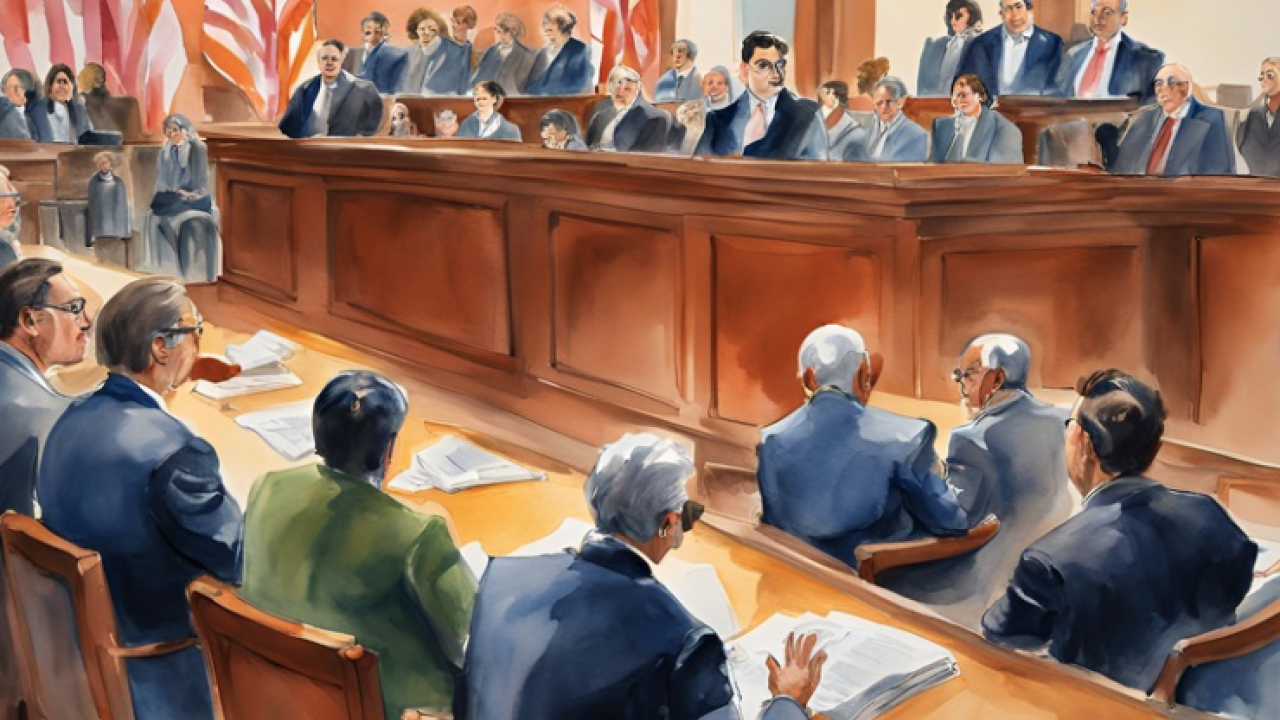
Event Date
Speaker: Fernando Moreno
Affiliation: UC Davis - Law
Abstract:
The U-visa was created by Congress in 2000, “to improve reporting of criminal activity among immigrant communities” and “to encourage law enforcement officials to better serve immigrant crime victims”. Before filing a petition with federal officials, immigrants must first receive a signed certification from a local law enforcement agency attesting that the applicant has been a victim of certain qualifying criminal activity, was cooperative in the investigation or prosecution of that crime, and that they are willing to assist law enforcement in the future. Scholars and legal advocates have found significant variation in subnational U-visa policies, finding major barriers and blanket denials of certifications by police leaders in more anti-immigrant locales. This subnational variation produces a “geographic roulette” in securing U-visa protections for immigrant crime survivors across the United States. However, little is known about the variation that exists within states. This study asks: how do law enforcement certifiers interpret and contest U-visa eligibility in California? How do law enforcement compare to one another across agencies? How might they differ across urban versus rural counties? I explore these questions through a mixed-methods analysis, including state-level U-visa certification data from 2008-2014, as well as original interviews and observations from certifying agencies.
Zoom link here
